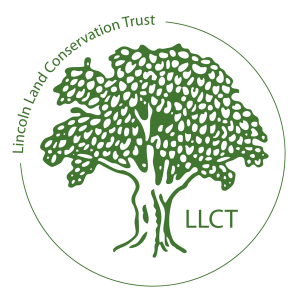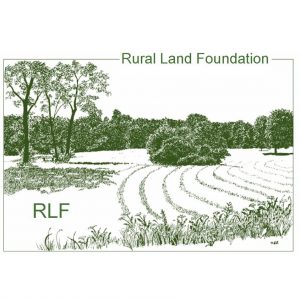LLCT is pleased to announce our new pollinator corridor initiative!
This project is developed in partnership with Evan Abramson of LandscapeInteractions and Dr. Robert Gegear, a professor of biology at UMASS Dartmouth. We propose to rebuild functionally diverse native ecosystems with site-specific pollinator habitat designs, which will be based on scientific study of plant-pollinator ecology in Lincoln.
Why the focus on threatened pollinators and biodiversity?
Wild pollinators are a keystone species. Ecosystems with an abundance and diversity of wild pollinators are better able to adapt to and survive disruptive forces such as climate change and habitat loss. By focusing on plants that have co-evolved with pollinators, we expect to see dramatic improvements to the populations of these threatened species’.
The Action Plan and Corridor Concept
The Action Plan will be published online in Fall 2020 and will guide LLCT’s work to create connected pollinator spaces on our conservation land in Lincoln.
The Toolkits
The toolkits are planting palettes and management strategies-everything you need to get started with your own pollinator space! LLCT will be using the toolkits to guide our work on a variety of ecotypes. We will implement pollinator-habitat enhancements in conjunction with Dr. Gegear’s ongoing research. The toolkits include a wide variety of plant species that provide nectar, pollen, and shelter for many wild pollinators throughout the year.
A preliminary toolkit will be available to the community this spring. Birches School will install a pollinator garden based on its plant suggestions, and we hope this “home garden” kit will inspire our community partners and neighbors to collectively build a corridor of connected pollinator spaces!
The Research Sites
Dr. Robert Gegear will be regularly surveying pollinators at three LLCT properties, one of which will be the existing People for Pollinators Meadow, for the next three years. Following recommendations from Dr. Gegear, LLCT will implement pollinator habitat enhancements at these locations, and Dr. Gegear will document any subsequent changes to the biodiversity of native pollinator populations.
Get Involved!
Check out our upcoming programs and sign up to volunteer with the project. To be successful in realizing the Lincoln Pollinator Action Plan, it will take participation from individuals and groups – from people like you! – to help steward the three Case Study (scientifically researched) sites and to collect much needed ecological data on native pollinator species through citizen science efforts. Please sign up to help
Featured image: Bombus Fervidus by Dr. Robert Gegear

